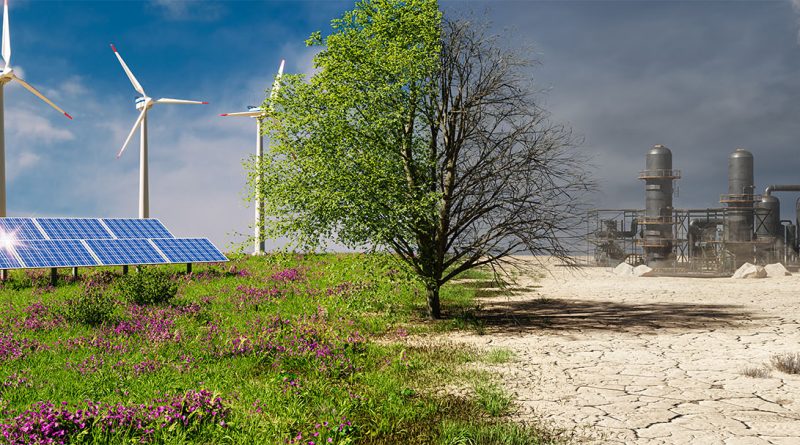As the world nears the 10 year anniversary of the Paris Agreement, the urgency for more ambitious climate action has never been greater as the First Global Stocktake reveals a bitter reality: the world remains off track to meet the goal of limiting global warming to 1.5°C (UNFCCC, 2024). Coinciding this, February 2025 marks the deadline for nations to submit their second 5-year update of Nationally Determined Contributions (NDCs), as mandated in the Agreement (UNFCCC, 2024). For Indonesia, a nation highly vulnerable to climate change as well as an important global player, this moment represents a significant opportunity to enhance its climate commitments and improve its climate performance.
Indonesia has been working toward the submission of its Second Nationally Determined Contribution (SNDC). In August 2024, the Ministry of Environment and Forestry held a public communication session to foster collaboration with ministries, stakeholders, and civil society, presenting the draft SNDC and inviting feedback. This draft builds on Indonesia’s Enhanced NDC (ENDC) submitted in 2022, updating targets and strategies to align with the global ambition of limiting warming to 1.5°C (KLHK, 2024). Indonesia was to submit its SNDC that August, following the public consultation (KLHK, 2024). However, on November 15, 2024, during COP29 in Baku, Indonesia formally announced its intention to submit the SNDC in February 2025 (ANTARA, 2024).
The SNDC draft itself has resulted in mixed reactions among observers. According to the Climate Action Tracker, while the proposed targets show modest improvements, significant challenges remain. Positive developments include expanded greenhouse gas coverage, incorporating hydrofluorocarbons (HFCs), the inclusion of a “just transition” subchapter and shifting from a Business-as-Usual baseline to a 2019 reference year. However, Indonesia’s heavy reliance on the forestry and land-use (FOLU) sector to meet ambitious net sink targets by 2030, limited near-term action before 2030 and a lack of a clear roadmap to phase out coal raises concerns (CAT, 2024).
A number of recent reports also evaluated Indonesia’s climate performance this year. The UNEP Emissions Gap Report warns that Indonesia is unlikely to meet its unconditional 2030 climate target without significant policy improvements and accelerated action. Challenges in the energy and land-use sectors remain, with off-grid coal power plants and revised LULUCF baselines contributing to higher emissions (UNEP, 2024). Similarly, the Climate Change Performance Index (CCPI) ranks Indonesia 42nd in 2024, assigning it a low overall rating. Despite policies like the Comprehensive Investment and Policy Plan (CIPP) and renewable energy targets, Indonesia’s continued reliance on coal and fossil fuels prevents alignment with Paris Agreement goals (CCPI, 2024).
Plans to retire facilities like the Cirebon-1 plant have experienced delays due to legal, financial, and political hurdles. The high costs of early retirement and concerns over energy security are substantial obstacles. These issues are worsened by the small amount of disbursement of the $20 billion pledged in the Just Energy Transition Partnership (JETP) to support Indonesia’s transition away from coal (Reuters, 2024).
However, recent developments indicate some progress. In September 2024, the Asian Development Bank approved a $500 million policy-based loan to assist Indonesia in accelerating its shift towards sustainable and clean energy (Reuters, 2024). Moreover, at the G20 summit in November 2024, President Prabowo Subianto announced his commitment to retire all coal and fossil fuel power plants within the next 15 years. The strategy includes building over 75 gigawatts of renewable energy capacity during this period, with the goal of achieving net-zero emissions by 2050, ten years earlier than previously targeted (AP, 2024).
Indonesia’s updated SNDC and broader climate action reflect a dual narrative of progress and persistent challenges. While some progress has been made in securing financial support and in the climate rhetoric from the number 1 person in the country, Indonesia’s ability to align its policies as well as its SNDC with global 1.5°C pathways in the coming months will reveal its commitment to the Paris Agreement.

